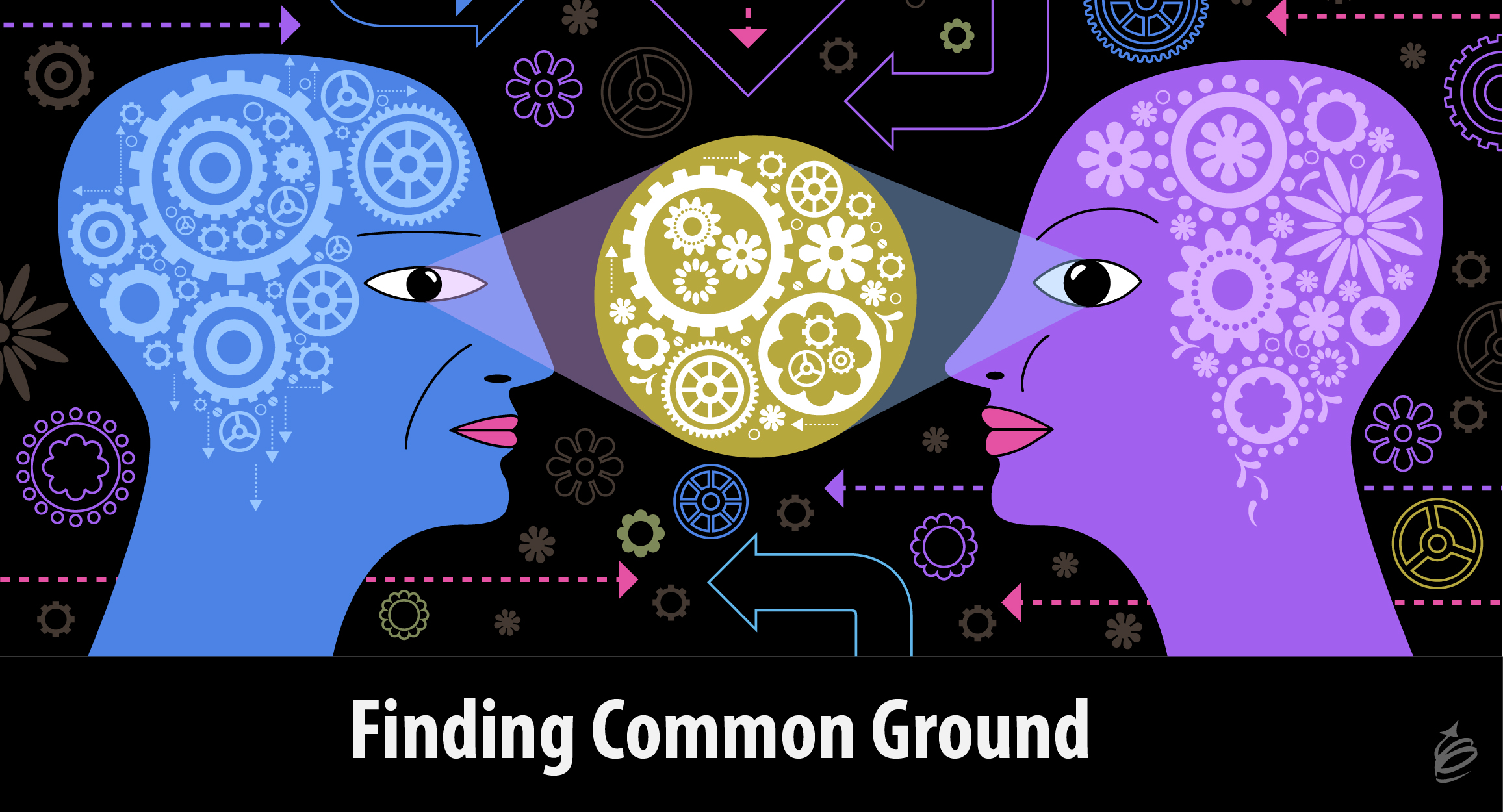As a young man, I lived a relatively happy and carefree life. School, play, household chores, religion, and family occupied nearly equal time and space in my memories, and there’s rarely a picture of me from age 2 through 18 that I didn’t have a goofy smile on my face. There was one other element though that was nearly as constant in those images. My clothes were rarely, if ever untarnished. Stains were my bane. If I ate, I’d inevitably end up wearing my food in at least one or more spots.
Dealing with this via laundry was an arduous process for more than a few reasons. I didn’t have that many clothes. My Mom worked full-time and did laundry at a rate which was helpless to keep pace with my messiness. As long as an article of clothing wasn’t abhorrently dirty, I was expected to get at least more than one day out of it. And of course I couldn’t be bothered with learning the arcane complexities of the washer and dryer when I had an expedition to plan in my backyard.
One day I was going out the door to a school function and realized too late that I was hardly presentable. I expressed my dismay to my Grandmother who was driving me there, and she ended up teaching me one of the more valuable and practical lessons I’ve ever learned. She grasped two parts of my shirt – one stained, the other clean – and working what seemed to my fertile imagination a sort of long-lost magic, rubbed them together for just a few seconds and the stain was gone.
I had never seen such a thing done, nor did it make sense to me at all. Rubbing a stained part of fabric into a clean part seemed as if it should simply perpetuate and multiply the size of the embarrassment. Instead, with very little effort I was finally presentable, for the first time in recent memory.
Decades later, I recently found myself having a fairly lively political discourse with a very experienced man who bemoaned the lack of bipartisanship in Washington. It’s an opinion we’ve all heard a great deal about, and very possibly held prior to the past election, even if we were afraid to betray a lack of staunch loyalty to our party of choice.
It got me thinking, though, about the stain trick.
In the dauntingly complex, partisan world we live in various parties get stains on them all the time, things people in the other party are disgusted by, sometimes even those in the same party. No matter how well things may be going at any given time, there are a plethora of policies and actions taken that are ugly, messy, extreme, and frankly embarrassing.
It also isn’t all that easy to ‘do the laundry’. Real change comes slowly, with a bevy of filibustering and feet-dragging that we’ve come to accept as par for the course. Yet very often the solution is as simple as the parties working together; bringing two disparate pieces of fabric together and ‘rubbing’ until the stain is handled. Why is that so hard?
The problem arises in determining who’s going to be in charge. The fingers of the people who have chosen these garments to represent us? Or the disparate and indifferent individual sections of fabric?
Since those childhood days I have become older, wiser, and more traveled, but I still haven’t learned to keep my food off my clothes. The lesson my Grandmother taught me though has stuck with me to this day. In fact, I depend on it more now than ever, as I risk losing a lot more credibility in a business meeting due to a mustard stain than I did sitting at the kid’s table during a family reunion.

The brouhaha surrounding getting the simplest of decisions made in Washington is more than a bit silly. Our elected officials marshall all sorts of weak, irrelevant, and disingenuous reasons on both sides to argue for and against any given proposal. Hence we get ludicrous examples of congress’ actions being so misaligned with what the people want that the very name “representatives” seems misleading at best. So much for principle and common sense.
A demolition of the flyweight reasons that certain people in power use – including envy, spite, ad hominem vitriol, and gleeful detestation of the opposing party – to obfuscate their true intentions and gum up the works of government is unnecessary. Their paperthin reasoning and continual contradictions are apparent to anyone that takes the time to give even a cursory listen. And these pontifications come out of the mouths of folks that use the fact that they won their election to wield a power that rarely represents the needs and desires of their constituents.
Their winning the seat is hardly enough basis to forgive their continual ineptitude, anymore than a college student could point to their solid SAT scores as a reason to justify continually failing future tests.
Part of the problem is attributable to the all-too notable reluctance of powerful people to give up power, which has led to a remarkable paucity of true virtue among the actions of our representatives and demonstrated desire to meet the needs of those they represent.
The agenda should be clear: both sides need to work together if we have any hope of not appearing disheveled and messy to our global peers. And think of what our kids and grandkids will see when they look at pictures of us. It simply should not be that difficult to put one side against the other and get some cleaning done.
If this sounds like we’re demanding a lot from our representatives in Washington, we are. Oftentimes they defend their shortcomings on the basis of being imperfect people trying to do an admittedly very demanding job. One’s character, and courage, are tested so many times in one’s life, in subtle and not-so-subtle ways, usually unannounced, and often without our even being aware of it. Many of us have failed—or passed—such tests in ignorance. It is not however, acceptable to take on a job in which your every move will be scrutinized and have a momentous impact on the lives of millions, and show such lack of character as to refuse to cooperate and collaborate with those who have differing viewpoints.
Much is made of what our “founding fathers” intended for this country, and we name them such as if they were a Borg-like collective consciousness with a complete unity of will. One only needs an elementary understanding of history to know that this was patently untrue. What they did was determine a common ground, negotiate many moving pieces of their goals, and solidify them into a clear plan for the future with the country’s best interests at heart.
Is it asking too much for their inheritors to try to do the same? We may not be wearing wigs and waistcoats, but let’s at least try to get the stains out of our button-downs. It shouldn’t be that hard. Surely we can demand at least as much from the people we’ve employed to make the big decisions as we would a kid with a little trick his Grandma taught him.






Leave A Comment